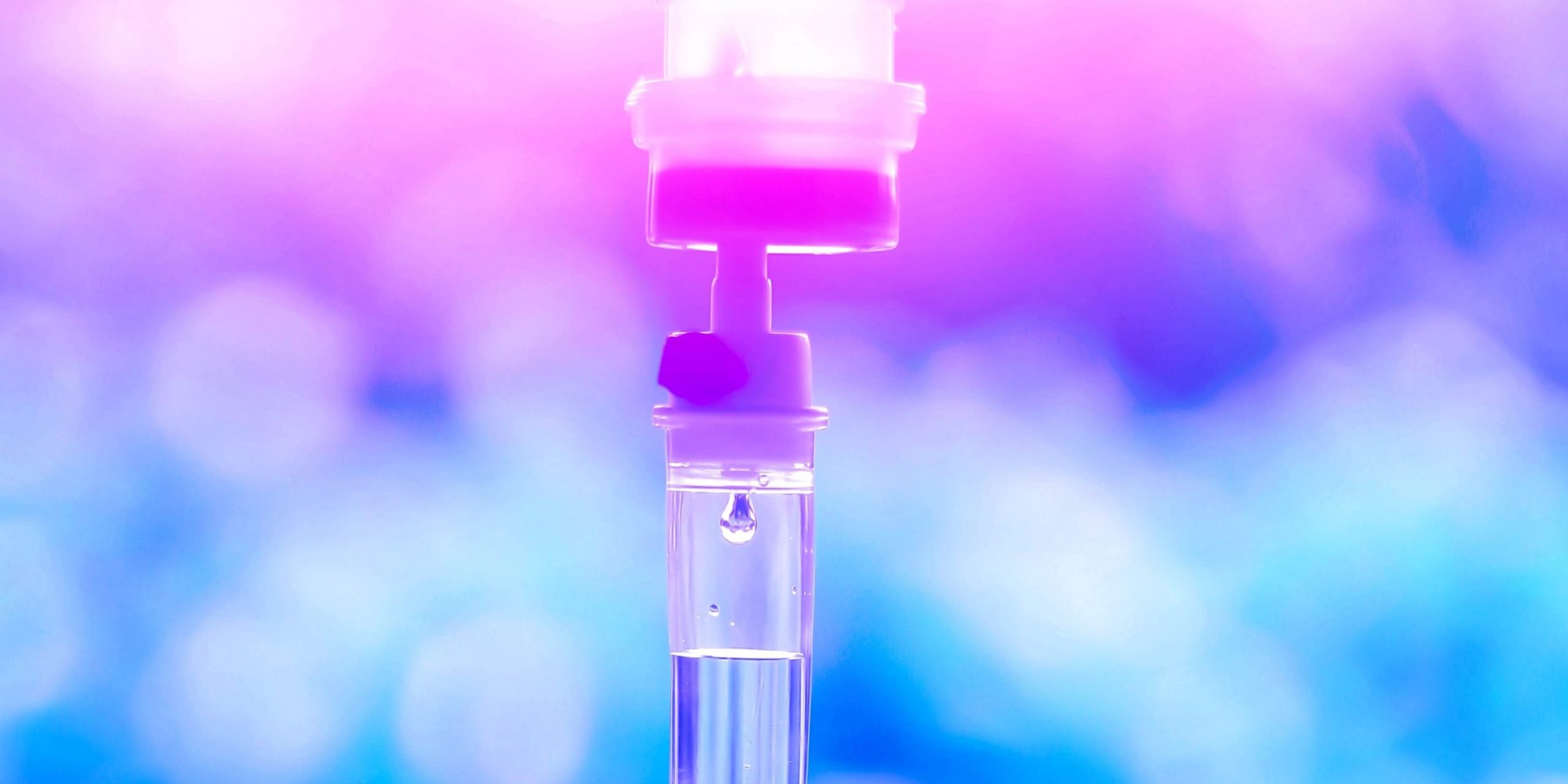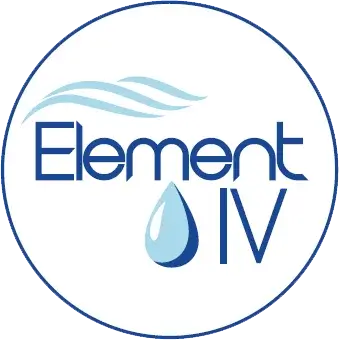Understanding the New Rules of Hydration Status on the Body and IV Therapy

What is Dehydration?
Dehydration results when the utilization or loss of fluid exceeds the intake. The body needs adequate hydration status to carry out its normal functions. If the lost fluids are not replaced, you will get dehydrated. Any person can become dehydrated, but children and older adults are most prone to develop dehydration, and the consequences of dehydration are more pronounced in these age groups. Dehydration can be classified into mild, moderate, or severe dehydration, depending on how much fluid is deficient in your body.
What Causes Dehydration?
Anyone can develop dehydration if there is not enough water intake. Most people presume it can only happen in hot weather or with vigorous exercise, however, it can occur in any climate. Severe vomiting and diarrhea are the most common cause of dehydration in children. Older adults are also at increased risk because of a naturally lower volume of fluid in their bodies, they may have metabolic disorders, or are taking medications that enhance the risk of dehydration. Additionally, minor illnesses, such as infections affecting the bladder and lungs, can lead to dehydration in older adults.
Mild to moderate dehydration can be reversed by drinking more fluids or utilizing IV Therapy, but severe dehydration requires immediate medical treatment.
What are the Complications of Dehydration?
Dehydration has been linked with gastrointestinal, circulatory, urological, and neurological disorders. When there is dehydration, the body will not carry out its functions properly and may develop the following complications.
- Urinary and Kidney Problems: Kidney stones and urinary tract infections are
more common in people who experience prolonged or repeated bouts of dehydration.
Severe dehydration can even lead to kidney failure.• Hypovolemic shock: It can be considered one of the severe complications of
dehydration that can be life-threatening. The low fluid status in the body can cause low
blood volume, resulting in a drop in blood pressure that also decreases the amount of
oxygen in the body. - Heat injury: A person usually perspires heavily during vigorous exercise. He may
develop heat injury if the intake of fluids is not adequate. The severity may vary from
heat cramps to heat exhaustion. It can also lead to potentially life-threatening heatstroke. - Neurological Manifestations(Coma or Seizures): There is a role of electrolytes
such as potassium and sodium to transmit nerve signals. If there is an imbalance of
electrolyte concentration( most likely in dehydration), there may be a mixing of normal
electrical messages resulting in involuntary muscle contractions. In severe cases, there
may be loss of consciousness or seizures.
What are the Signs and Symptoms of Dehydration?
The signs and symptoms of dehydration may vary depending on the degree of dehydration.
Signs and symptoms of mild or moderate dehydration include:
- Thirst
- Dry, cool skin
- Headache
- Dry or mouth
- Low urinary output(Not peeing very much)
- Dark yellow urine
- Muscle cramps
Signs and symptoms of severe dehydration include:
- Not peeing or having a small amount of very dark yellow pee
- Sunken eyes
- Feeling dizzy or fainting
- Rapid heartbeat
- Very dry skin
- Rapid breathing
- Sleepiness, confusion, lack of energy, or irritability
Signs and Symptoms of dehydration for babies and children are
different than for adults:
- Sunken eyes and cheeks
- The soft spot on the top of the skull(depressed fontanels)
- No tears when crying
- Dry tongue or mouth
- Dry diapers for 3 hours
- Irritability, Sleepiness, lack of energy
Do I need IV Therapy if I’m not Thirsty?
Thirst is not a reliable early indicator of the body’s need for water, particularly in older adults,
because they don’t feel thirsty until they have already developed dehydration. So, it is crucial to
enhance the water intake during hot weather or illnesses.
What is the Bottom-line?
Dehydration is a condition due to the body’s reduced hydration status, impairing the body’s
ability to function properly. A person may develop signs and symptoms depending on the degree
of fluid loss. The medical treatment of dehydration in adults can vary, but you may benefit from IV Therapy and mobile IV hydration.
Call Element IV Therapy today to find out more and to see if you could benefit from IV Therapy






